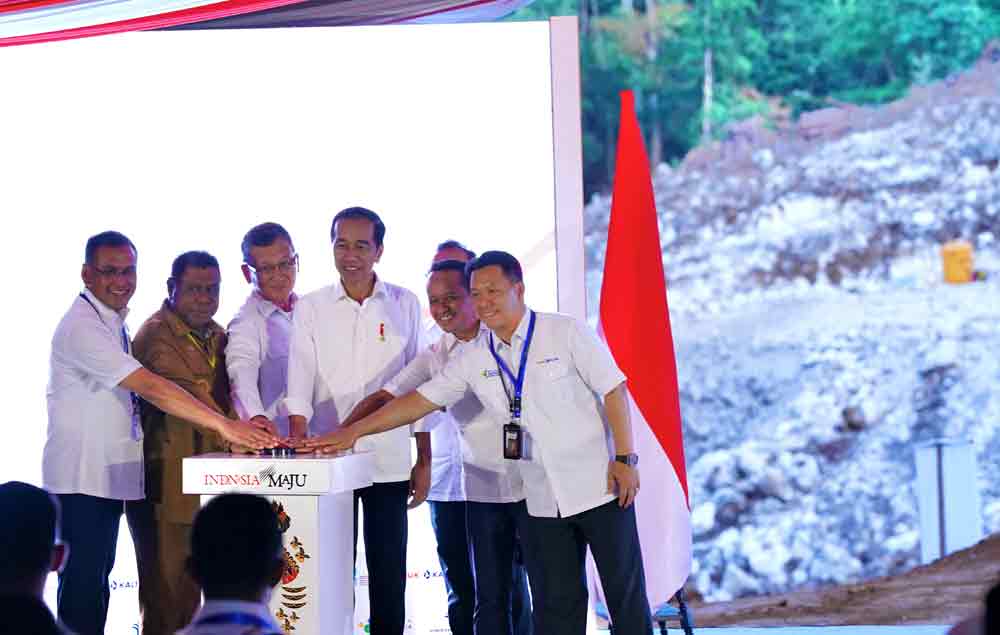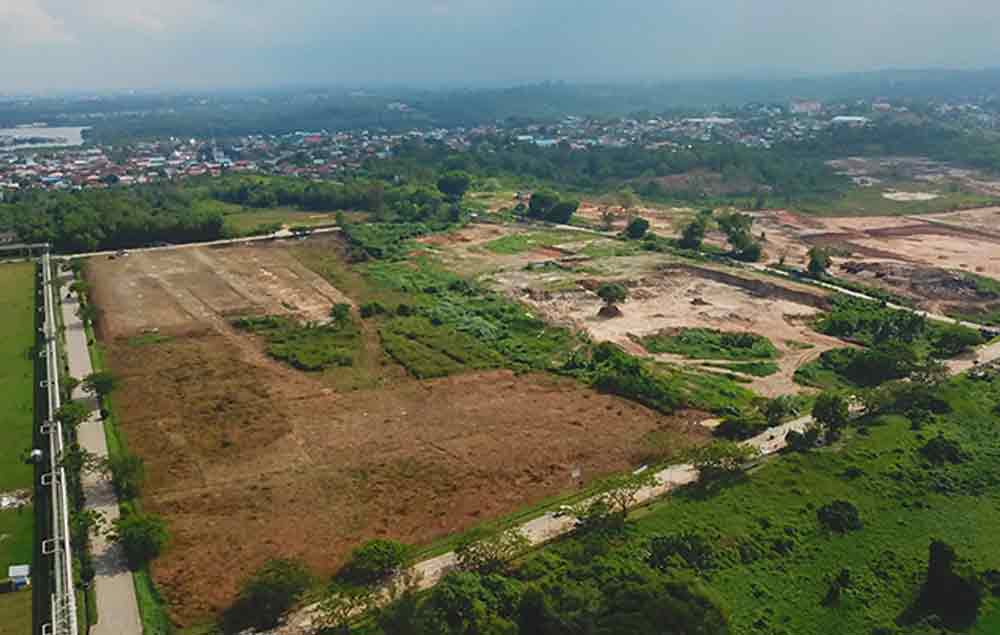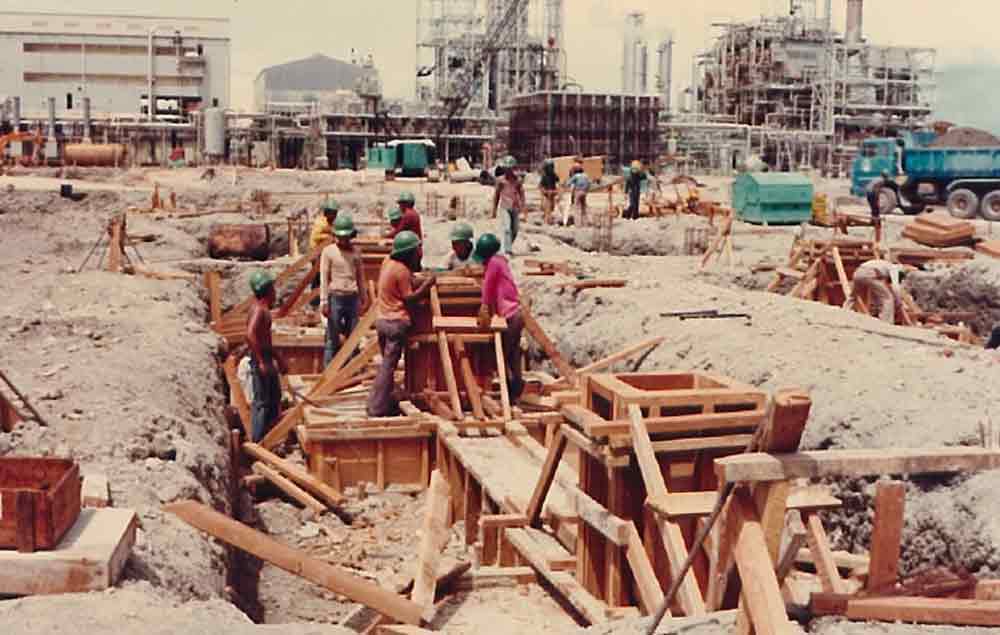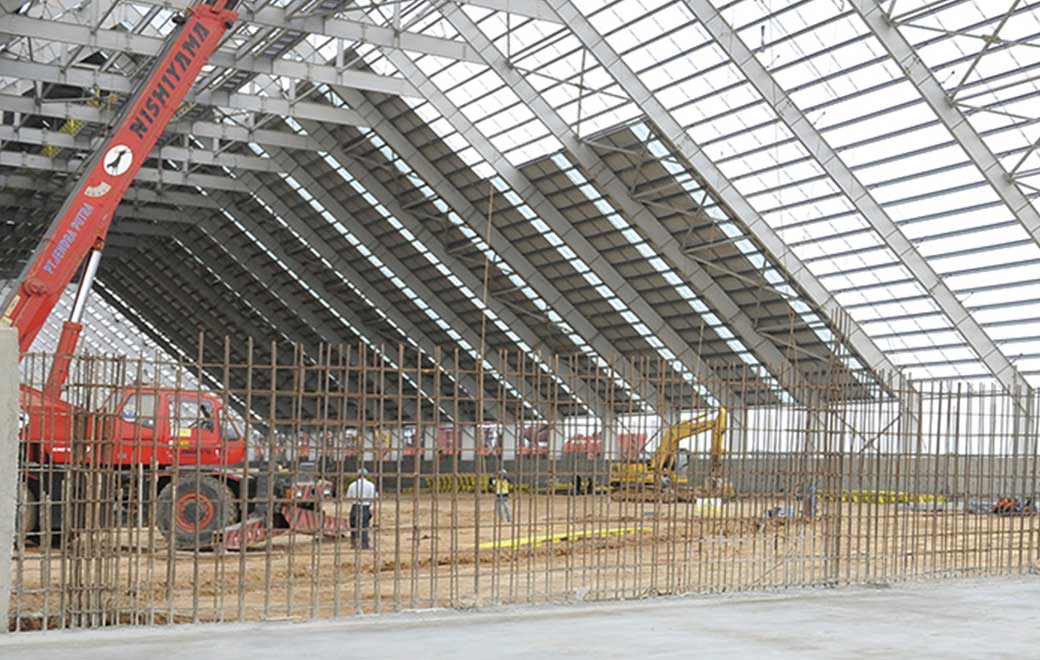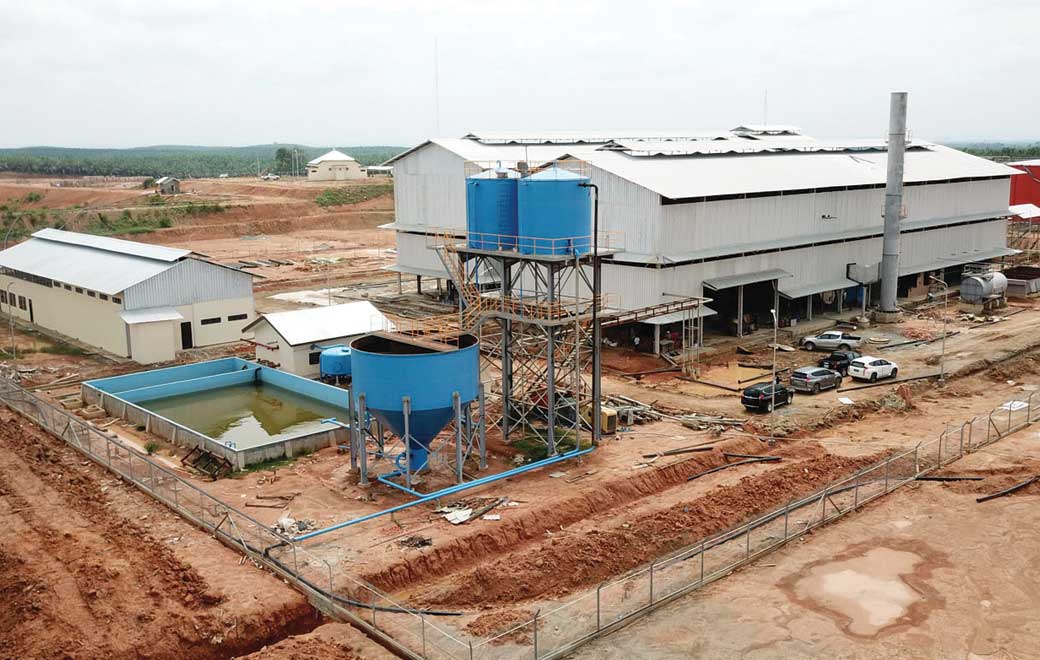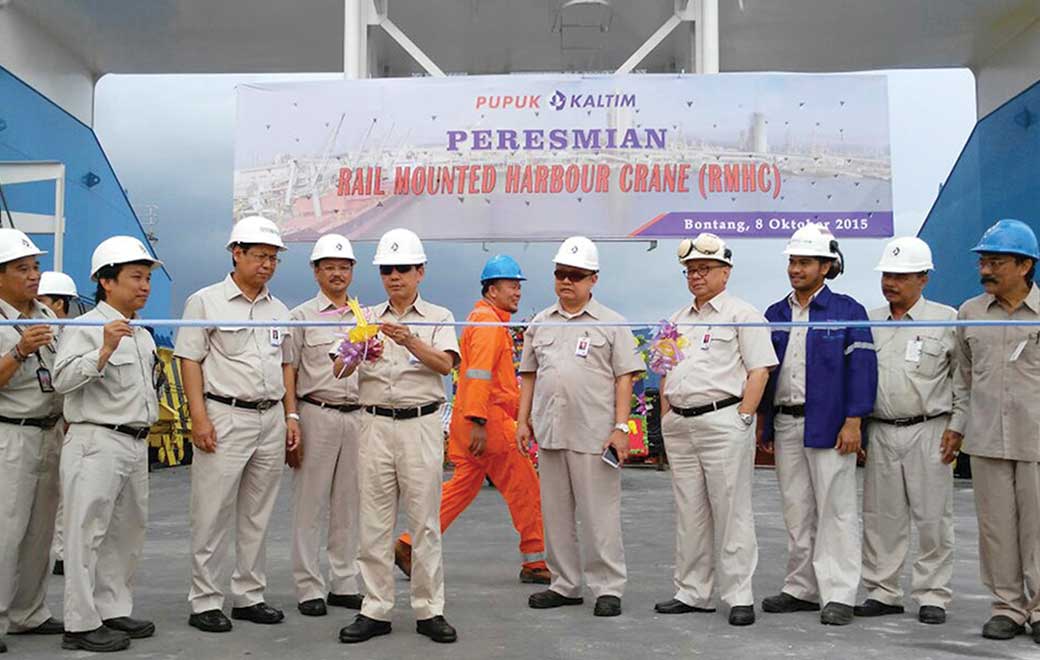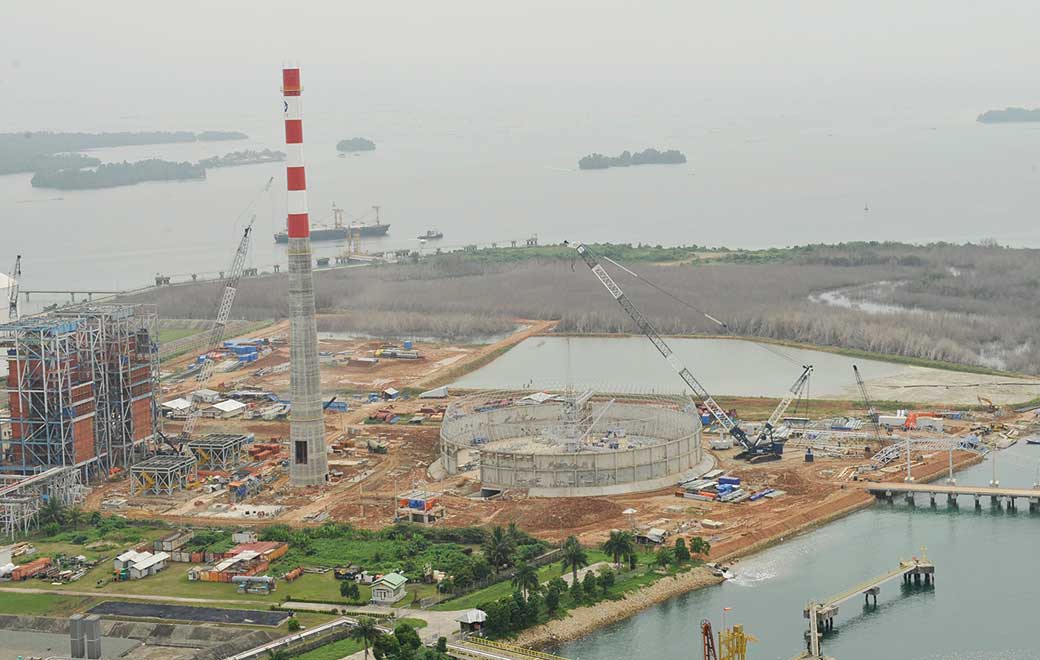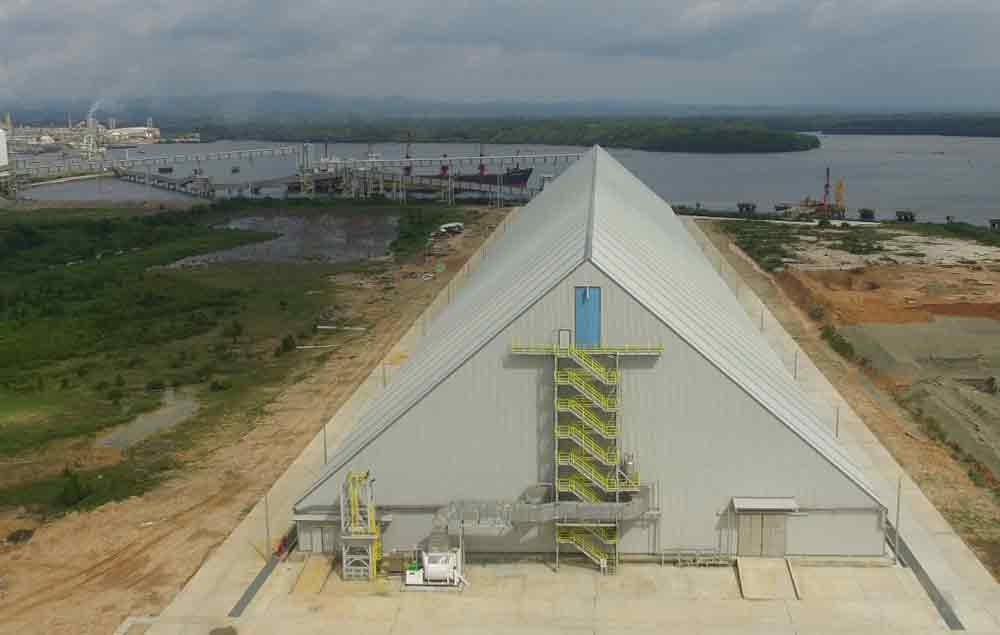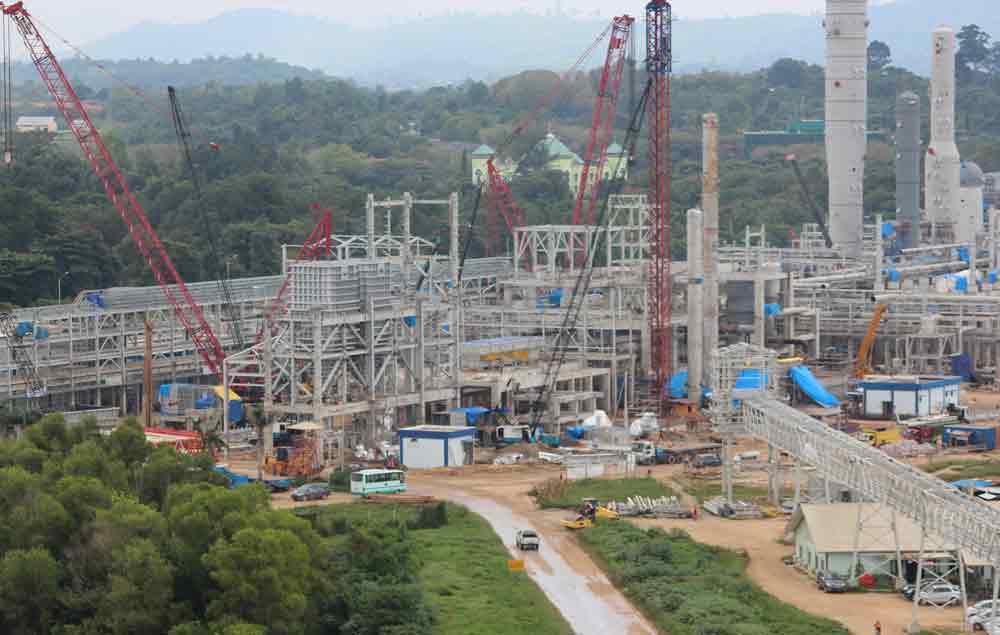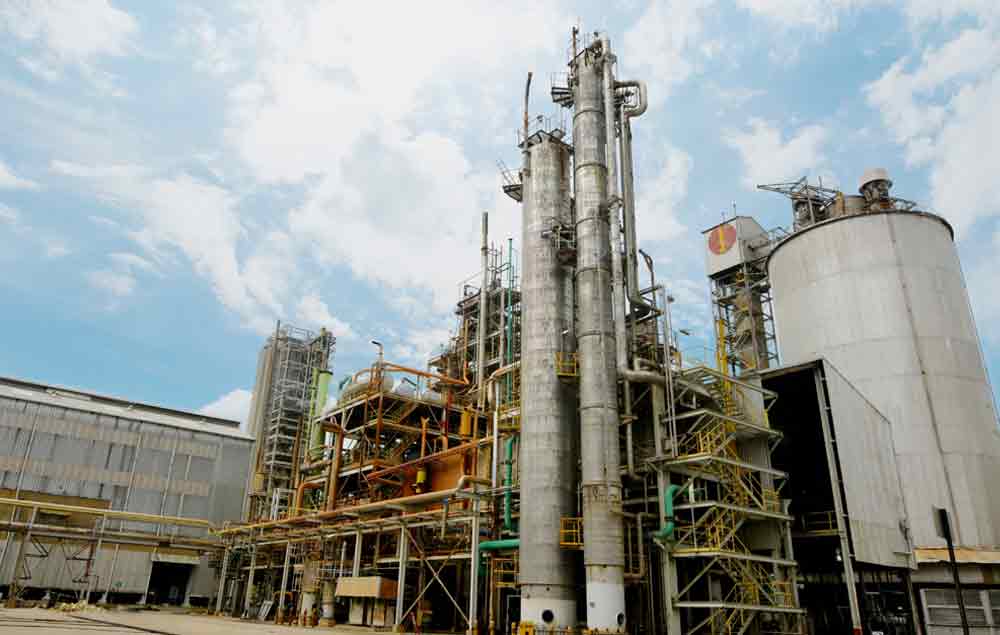The Groundbreaking of Fakfak Fertilizer Industrial Project
BRIEF HISTORY
Pupuk Kaltim History
PT Pupuk Kalimantan Timur (PKT) is one of the largest urea producers in Asia and was established on December 7, 1977. After starting as a floating fertilizer plant development plan managed by Pertamina, the management was transferred to the Ministry of Industry based on President Decree No. 43 year 1975, and based on President Decree No. 39 year 1976. In 2012, PKT became a subsidiary of PT Pupuk Indonesia (Persero).
Today, Pupuk Kaltim has 13 plants comprising 5 Ammonia plants with a capacity of 2.74 million tons/year, 5 Urea plants with a capacity of 3.43 million tons/year, and 3 NPK plants with a capacity of 300,000 tons/year. Aside from its 13 advanced technology plants, Pupuk Kaltim has other supporting facilities, including a coal boiler with a capacity of 560 tons/hour of steam, 6 warehouses with a capacity of 315,000 tons, 6 jetties with a capacity of 156,000 DWT, 3 ammonia tanks with a capacity of 102 tons, and an ISO/ICE 17025:2017-accredited laboratory.
Vision
"Perusahaan berskala global yang berdaya saing tinggi dalam industri agrosolusi, kimia dan petrokimia yang terintegrasi".
Misi
- Menjalankan bisnis di bidang solusi agrikultur, kimia, dan petrokimia yang terintegrasi, bertumbuuh serta berdaya saing tinggi di tingkat global;
- Meningkatkan nilai perushahaan melalui bisnis inti dan pengembangan bisnis baru dengan mengoptimalkan ekonomi ekonomi sirkular yang dapat memberikan nilai tambah dan berorientasi pada kebutuhan pelanggan;
- Mengoptimalisasi utilisasi sumber daya nasional yang didukung oleh SDM yang berwawasan global dengan menerapkan teknologi tepat guna dan terdepan;
- Memberikan manfaat yang optimum bagi para pemangku kepentingan;
- Menerapkan praktik bisnis berkelanjutan melalui tata kelola perusahaan yang baik, menjalankan tanggung jawab sosial dan kepedulian terhadap lingkungan.
CORPORATE CULTURE
The employees and extended family of Pupuk Kaltim also apply the Corporate Values in their daily behavior which are summarized in AKHLAK as the Company`s new core values..
-
Trust
(Amanah)Hold on to the trust given.
-
Competent
(Kompeten)Continue to learn and develop capabilities.
-
Harmonious
(Harmonis)Care for each other and respect differences.
-
Loyal
(Loyal)Dedicated and prioritize the interests of the Nation and the State.
-
Adaptive
(Adaptif)Continue to innovate and enthusiastic in driving or facing any changes.
-
Collaborative
(Kolaboratif)Build a synergistic collaboration.
BUSINESS PROFILE
Pupuk Kaltim is a state-owned company committed to providing the best results to support national fertilizer production. Pupuk Kaltim’s main businesses are the production and sale of Urea Fertilizers, Ammonia, and NPK Fertilizers for domestic and foreign markets. The company’s business activities according to the Articles of Association No. 07 August 30, 2019, article 3 are as follows:
Running the distribution and trading of urea, ammonia, fertilizer products, petrochemicals, agrochemicals, agroindustries, and chemicals both domestically and internationally including imports of raw materials, supporting materials, fertilizer production equipment, and chemicals. In addition, to ensure and guarantee the industrial cycle of goods production for consumers, Pupuk Kaltim runs pre-marketing activities in all marketing lines. Corporately, this policy makes trading of raw materials for fertilizers a part of corporate business activities.
In the service sector, Pupuk Kaltim does research and development consisting of the development of products, technology to plant maintenance services. The research on product development enables Pupuk Kaltim to develop new products that will be marketed through the retail market. In the field of plant maintenance services, Pupuk Kaltim continues to take part through the sale of services and equipment. The focus of Pupuk Kaltim's services business has grown with the implementation of precipalm, which is the management of smart farming solutions to improve agricultural efficiency and land productivity.
BUSINESS DEVELOPMENT


